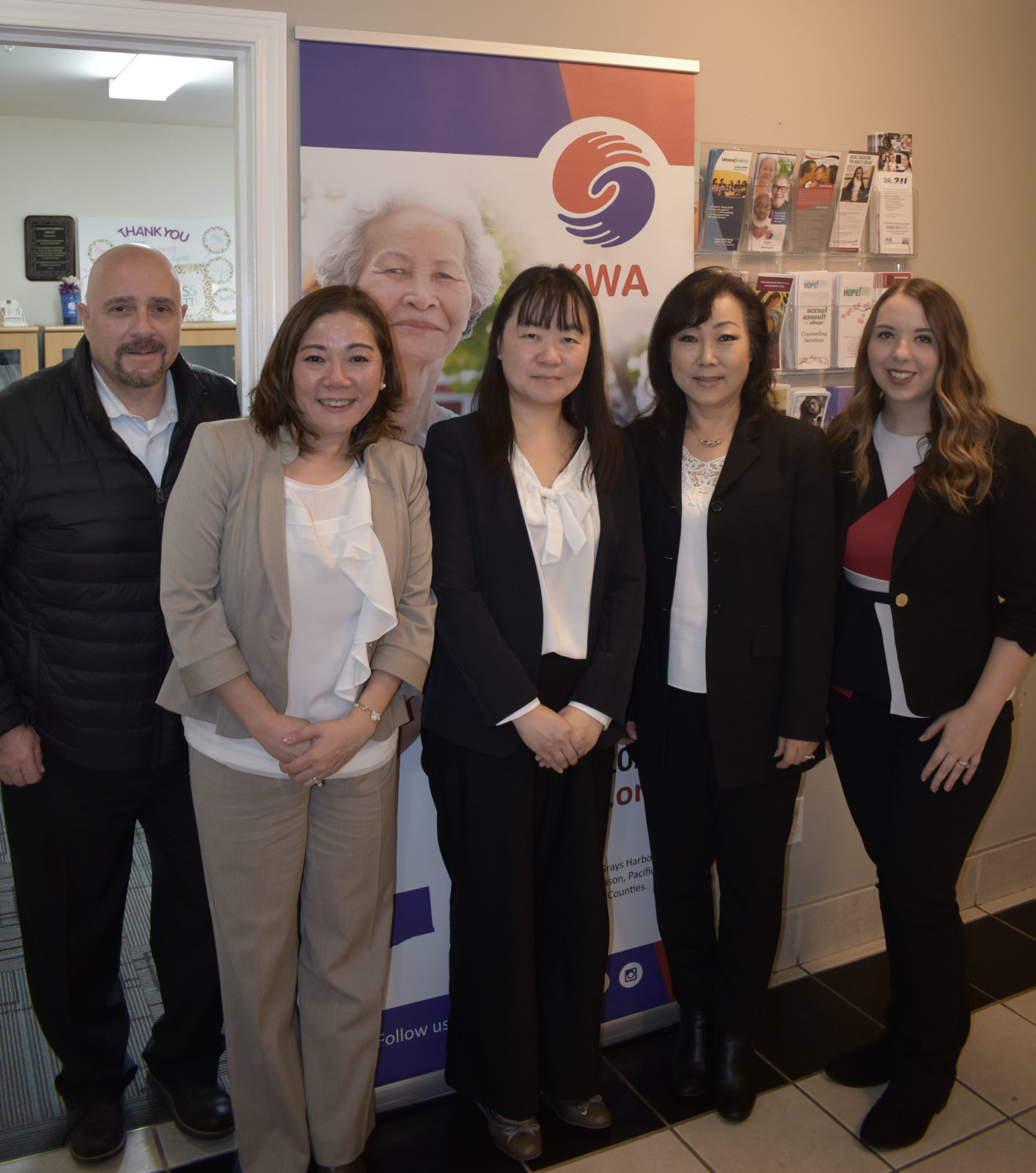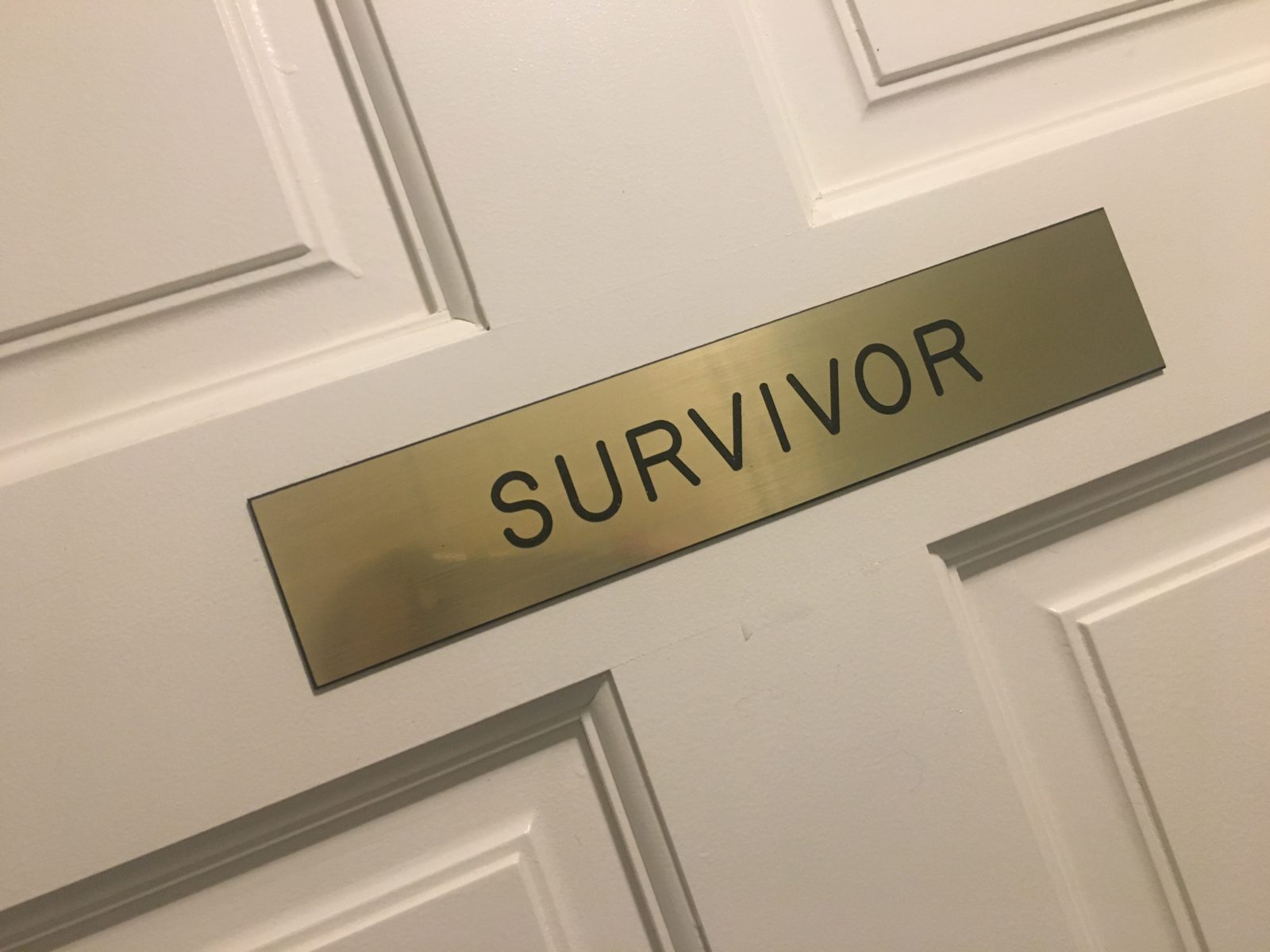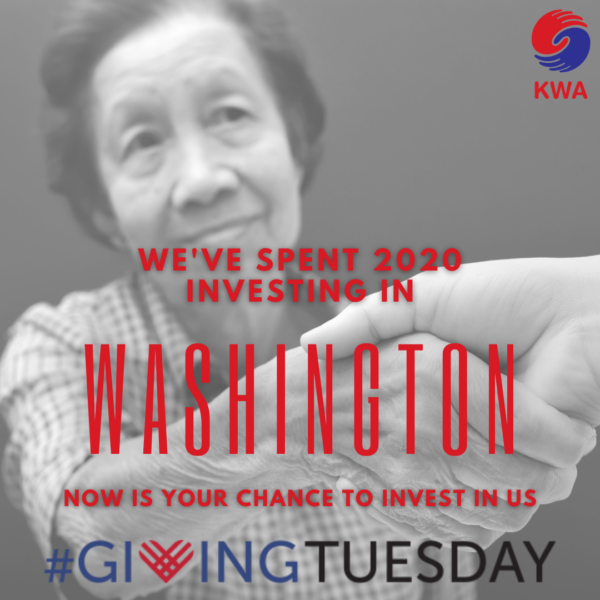Culturally-Aware Programming for Domestic Violence Survivors
November 19, 2019
When it comes to domestic violence, I know that we must be open to new ideas and approaches. Given the diversity of our region, we have a strong commitment to providing culturally-competent services for women and children experiencing domestic violence. We must acknowledge the great cultural diversity in our State and rise to the challenge of providing services that are truly culturally and linguistically relevant. We must learn from each other what has worked – and what has not.

Earlier this month, I was contacted by a member of the Japanese Consulate conducting research on domestic violence resources for Japanese women in the South Sound area. I was eager to welcome Ms. Maekoya to the We Are Family Home (WAFHome) and help further her research and give her a tour of our shelter.
She asked a number of questions regarding KWA’s commitment to providing services to all women and children, but specifically to those who also experience a language and cultural barriers. Ms. Maekoya asked, “What does a Japanese woman do if she’s fearful in her relationship but does not report?”
We told her that we are proud to offer all of our services to anyone, regardless of language or cultural background. Being a woman in a fearful situation shouldn’t have to worry about finding safety and communicating her needs for safety.
KWA Board Chair, Grace Kim, chimed in with a great perspective on this issue. She said, “we need education of what resources are available in many languages. We provide these services, but together with the Japanese Consulate, we can help spread the word about resources available to women seeking help.”
I want to share with you a story of a survivor from 2018 who spoke Cantonese and had very limited English proficiency. Let’s call her Mary (not her real name). Mary had two young children. She had been living in a rural, isolated, swampy area that was not meant for habitation. Her husband was a U.S. citizen and was very controlling and would not allow her to leave the house or socialize with others; he also did not speak her language and treated her like a servant and was abusive.

When Mary came to our shelter, she was very frightened and struggled with self-sufficiency and decision-making. She had many different legal cases that were going on at the same time, from two different counties. She had no mode of transportation or understanding of transportation resources that were available to her. Through our WAFHome program, Mary was able to receive assistance from our Housing Coordinator and Legal Advocate in handling her various legal cases, court navigation, and being connected with the various housing assistance options in the community. Mary also received myriad assistance from our other advocates that included obtaining DSHS benefits, enrolling in ESL classes, learning how to go and do grocery shopping and ride the bus. Our Child Advocate provided Mary’s children with activities for her two small children. Mary attended our weekly support group regularly and learned about domestic violence and healthy coping skills.
Ultimately, she was accepted into a competitive transitional housing program that was centrally located to her cultural community, children’s school, and other important needs to meet her needs. Mary is now using the skills and support she had gained during her time at WAF Home to make decisions for herself to become more self-sufficient for herself and family.
It’s important to recognize that she not only faced common barriers that all domestic violence survivors face such as transportation, childcare, counseling, and basic life skills but did so while not being able to navigate this foreign system and not speaking the language.
Through partnerships with foreign consulates, like the one with Ms. Maekoya, and other community organizations, we are reminded of the impact that we have in providing first-rate culturally sensitive programming. I could talk all day about the number of programs we offer not just through the WAFHome, but I’ll simply end with the pride for our employees and those that we serve in providing services to the most fragile. We are meeting a critical need in our communities across Western Washington. I encourage you to consider your part in helping those in need! Together we work to make our communities safe, strong and vibrant.
AIM HIGH!



